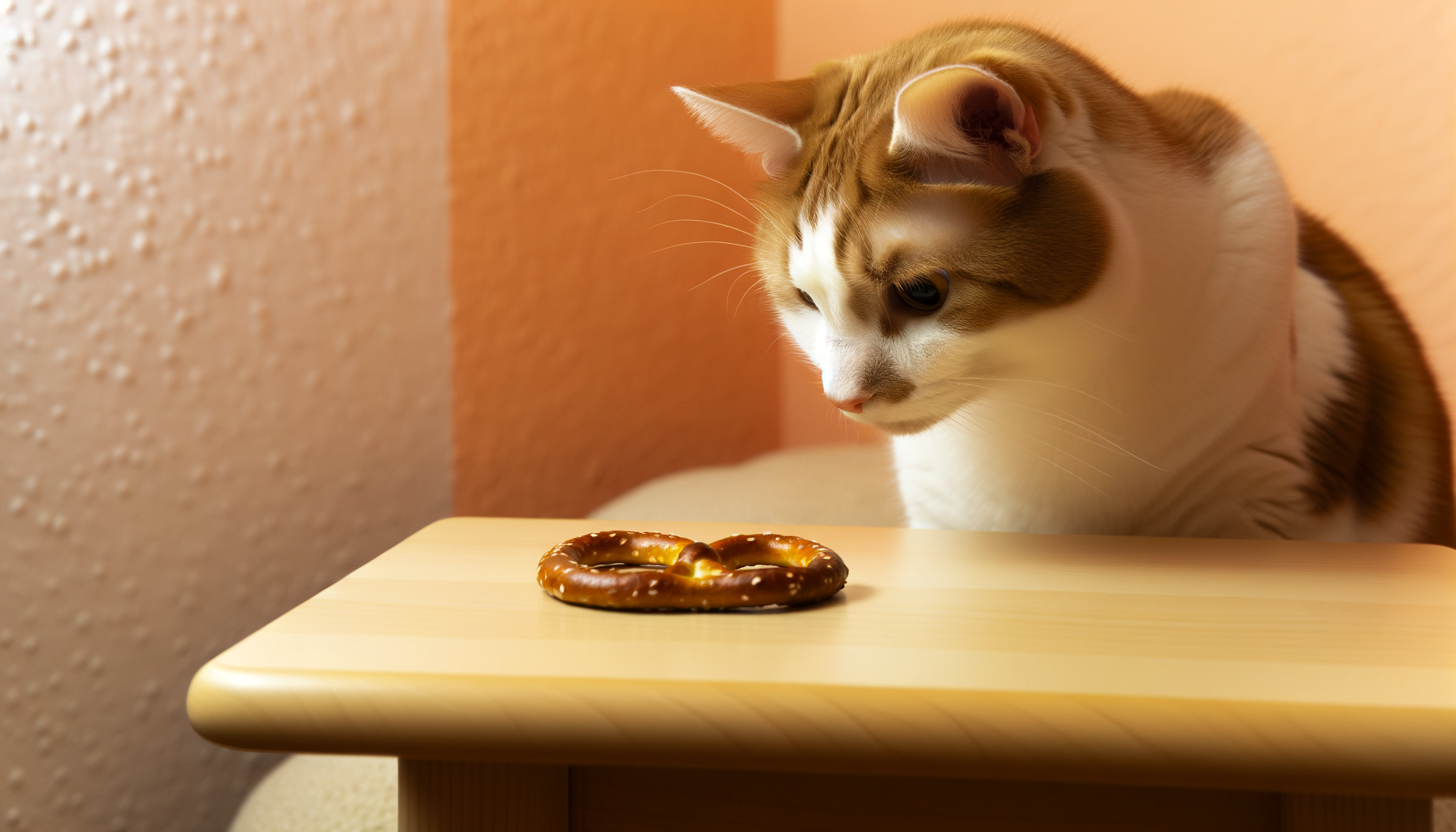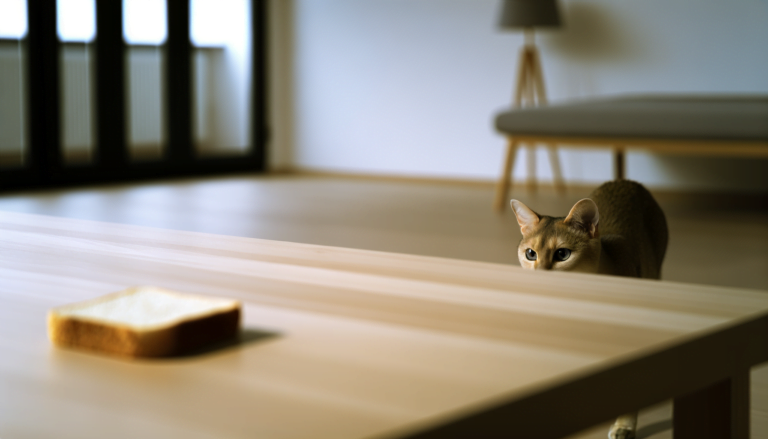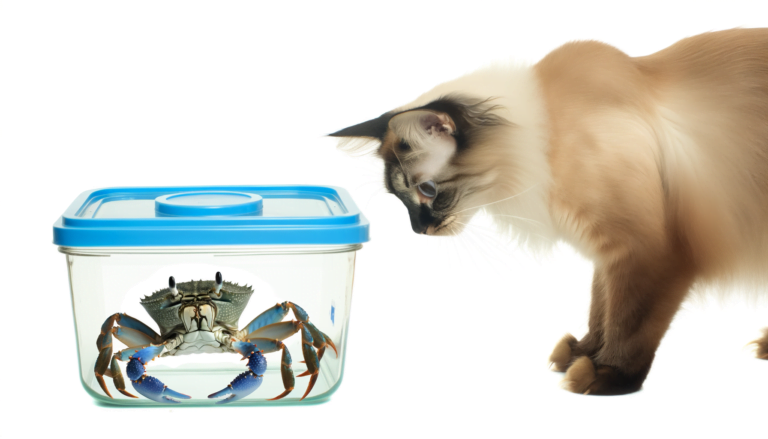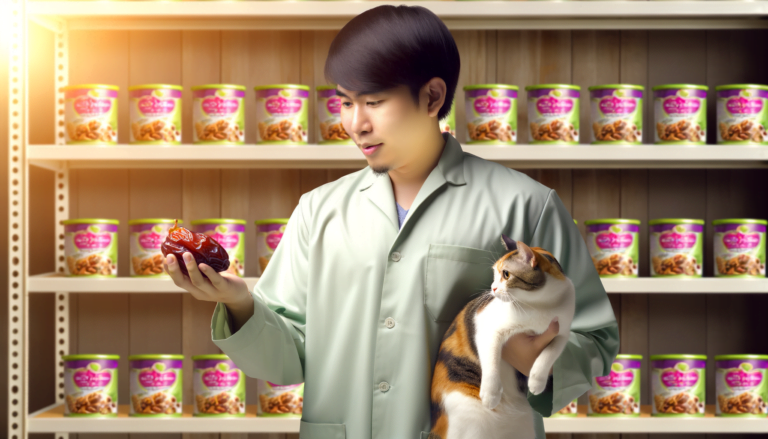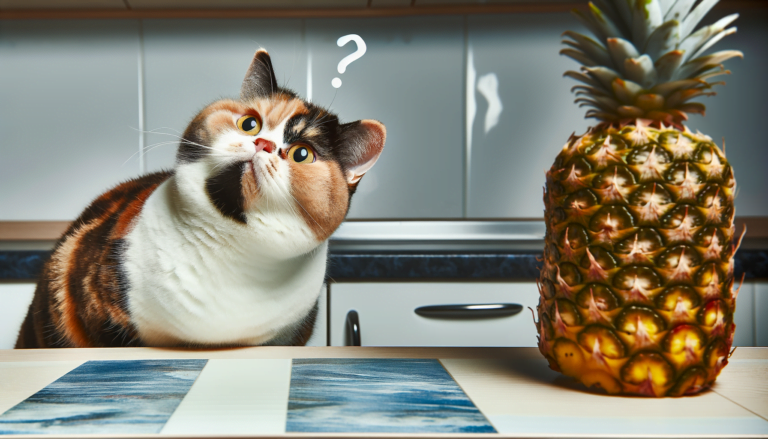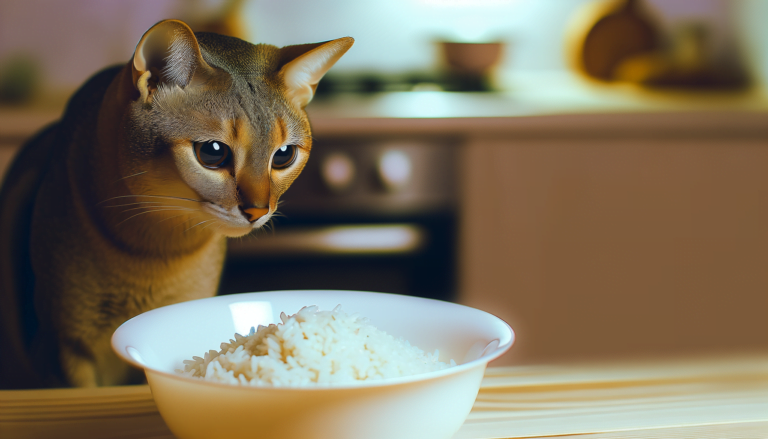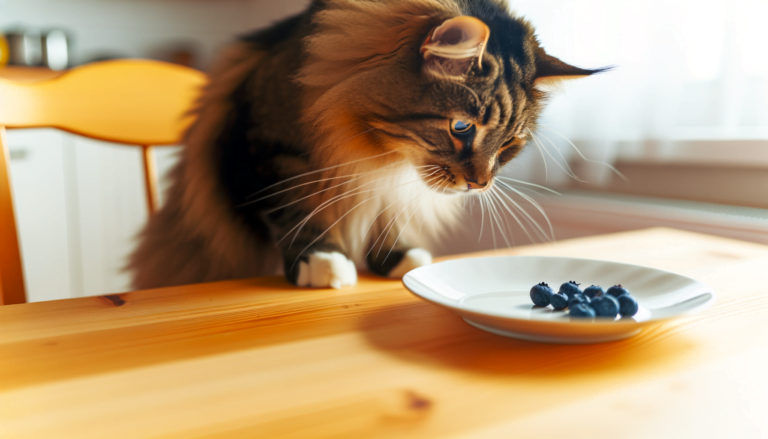Decoding Feline Diets: Can Cats Safely Crunch on Pretzels?
While not toxic, pretzels are not recommended as a part of a cat’s diet. Primarily, this is due to two reasons: the high sodium content and the absence of any nutritional benefit for cats. Pretzels, like many human foods, contain a level of salt that can be harmful to cats if consumed in excess. Furthermore, cats are obligate carnivores, meaning their diet should consist mainly of meat, and pretzels lack the essential nutrients that cats require. Therefore, while the occasional small bite might not cause harm, it’s best to avoid giving pretzels to cats.
Alternative Safe Snacks for Cats
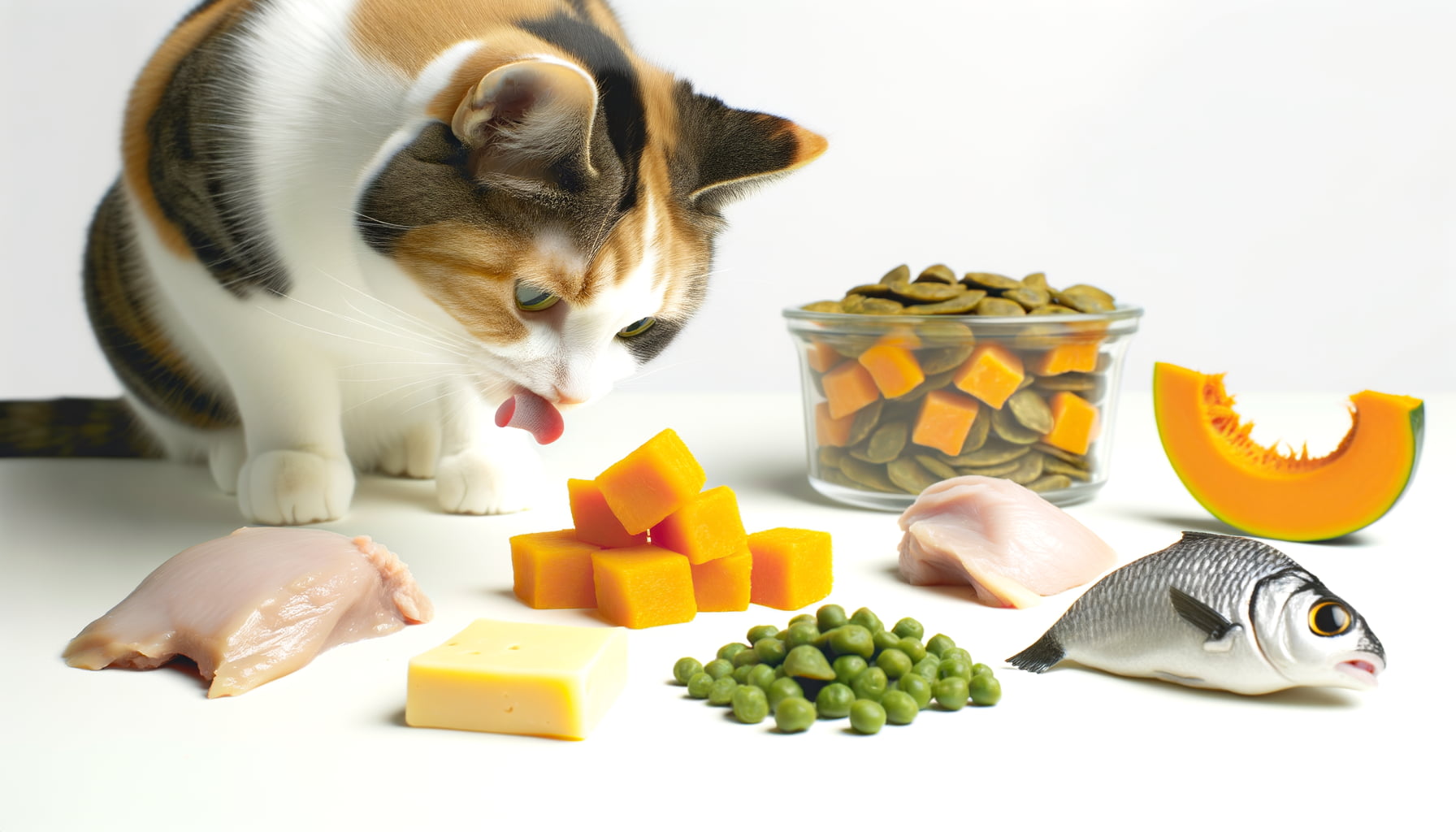
Offering your feline companions varied meals might be pleasing to you, but it’s essential to realize that not all human food types are both safe and beneficial for cats. Instead of feeding pretzels, which lack the necessary nutrients for cats, owners could consider other, more suitable alternatives.
Fresh fish, cooked to kill parasites, is a feline favorite. Serving a portion of white fish provides a good dose of healthy omega-3 fatty acids and protein that play a crucial part in overall cat health. However, owners should note that fish meals should supplement the diet and not replace balanced cat food.
An additional option to consider is raw or cooked pumpkin. Rich in fiber and vitamins, it is ideal for promoting a healthy digestive system. Likewise, reputable commercial treats specifically designed for felines are generally made considering their dietary needs and so can be a safer choice. Pet owners should always consult their vet before making significant changes to their cat’s diet.
Understanding Cats’ Digestive System
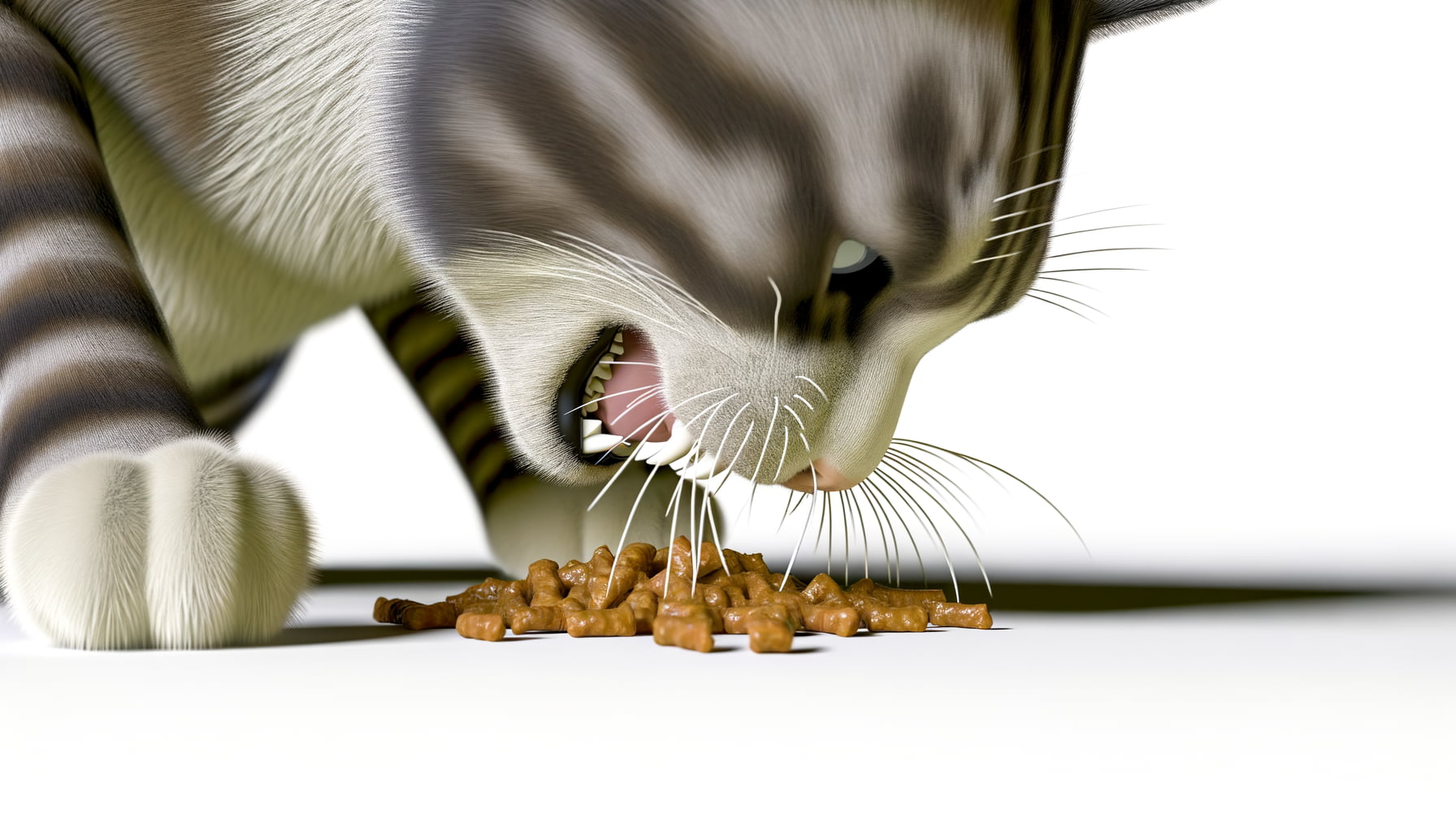
Cats, as obligate carnivores, possess a specialized digestive system finely tuned for processing meat. Unlike humans or canines who are omnivores, felines have evolved to derive intense protein-based nourishment from their diets with little dependence on carbohydrates or plant-based material.
The feline digestive process begins with the mastication of food, a step in which cats differ vastly, primarily due to their smaller number of teeth geared towards tearing and not grinding. Digestion continues in the stomach where powerful enzymes break proteins down, followed by extraction of nutrients in the small intestine. Finally, indigestible elements proceed to the large intestine for excretion.
The briefness of a cat’s overall digestive system – significantly shorter than their human counterparts – also highlights their carnivorous adaptations. Quick passage aids in reducing bacterial decomposition of meat, minimizing exposure to potential pathogens. Thus, comprehending these aspects of a cat’s digestional mechanics is essential, especially when considering incorporating new food items such as pretzels into their diet.
Nutritional Value of Pretzels for Cats
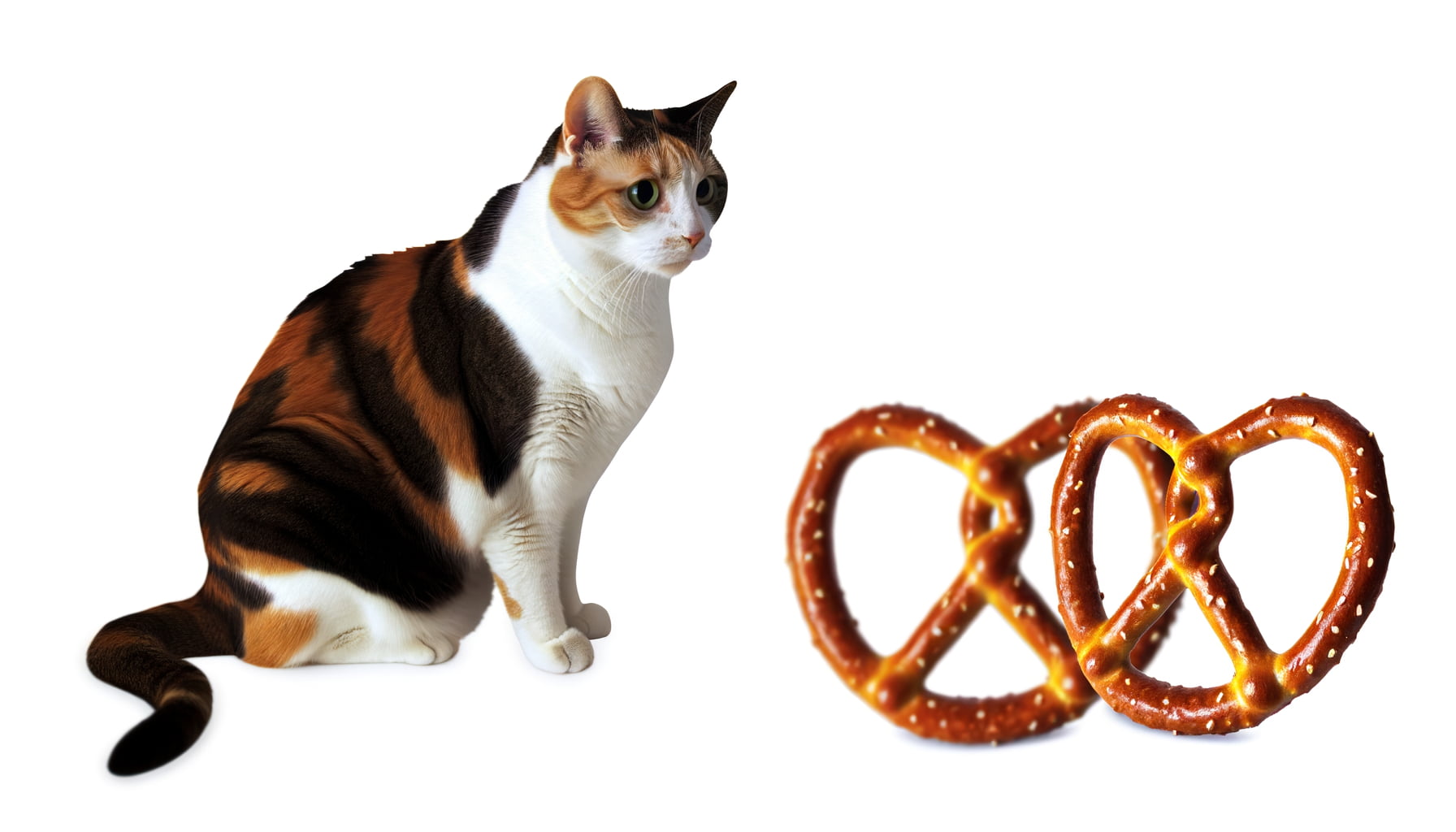
Cats are obligate carnivores, requiring nutrients primarily from meat. Their digestive systems are designed for processing proteins and are not efficient at digesting carbohydrates, a primary component of pretzels. While pretzels aren’t toxic to cats, their nutritional value for our feline friends is arguably minimal.
Pretzels are typically high in sodium – an element cats need only in trace amounts. Excessive sodium can have harmful effects on a cat’s health, potentially leading to issues like high blood pressure and kidney disease. Furthermore, pretzels don’t offer any of the essential nutrients cats require – such as taurine, arginine, and arachidonic acid – which are predominantly found in meat sources.
Importantly, pretzels can also contain ingredients that are outright dangerous for cats. Some flavoured pretzels may include onion or garlic powder, which are toxic to cats. Therefore, they should not be considered a valuable or suitable food item to include in a cat’s diet.
Potential Risks and Hazards of Feeding Pretzels to Cats
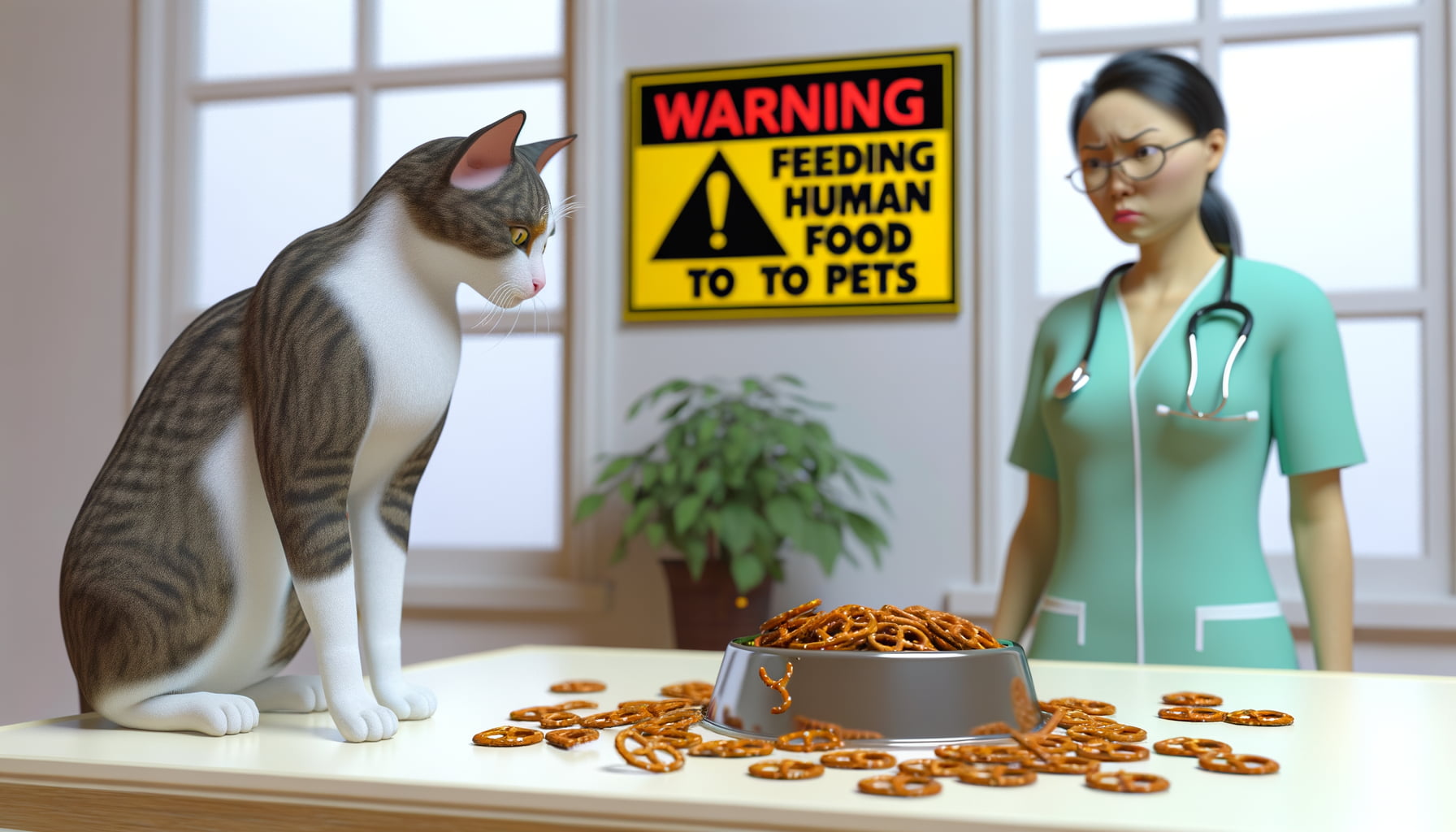
Delving into the realm of what cats can eat, one might question if pretzels are safe for cats. Significant to understand, however, is that there are certain potential risks and hazards associated with feeding pretzels to cats. In essence, pretzels are not ideally suited to a cat’s dietary requirements.
Pretzels often contain a high amount of salt. This level of sodium can lead to sodium ion poisoning in cats. Symptoms can include vomiting, diarrhea, high fever, and even seizures. Moreover, pretzels are quite hard and dry, which can pose a choking hazard, particularly for small or young cats.
Additionally, pretzels have little to no nutritional value for cats. Felines require a diet rich in proteins and fats, neither of which are found in significant quantities in pretzels. Therefore, pretzels should not be given as a substitute for a well-balanced, nutritious feline diet.
Conclusion
In conclusion, it is important to remember that cats have specific dietary needs that are different from humans. While pretzels may seem like a harmless snack, they are not suitable for feline consumption. Ensuring that your cat has a balanced diet tailored to their needs is crucial for their health and well-being.
When it comes to decoding feline diets, it is best to stick to cat-friendly foods and consult with a veterinarian if you have any questions or concerns about what to feed your furry friend. Keeping your cat healthy and happy involves making informed choices about their nutrition, so it’s always better to be safe than sorry when it comes to their diet.
